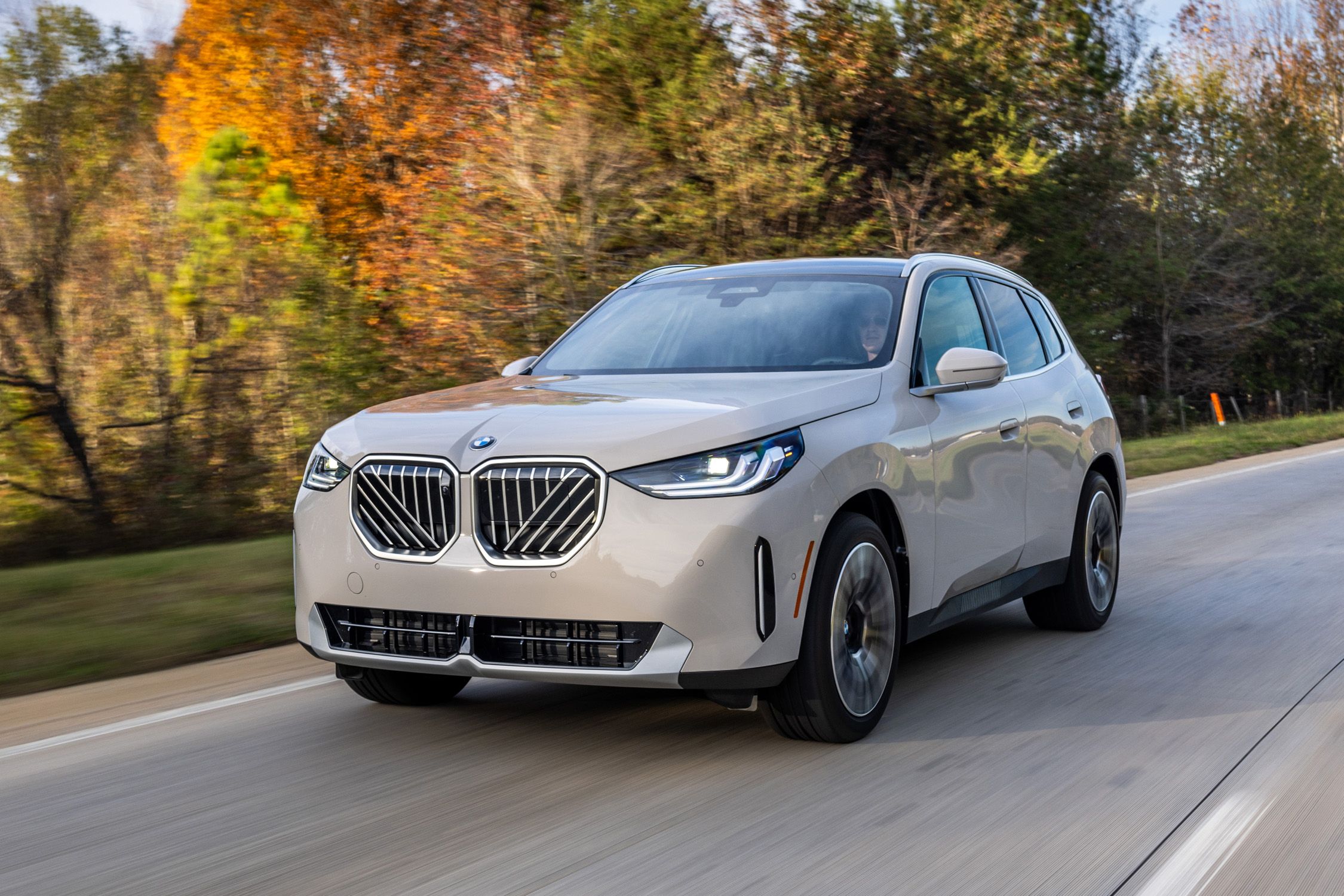How Ridesharing Affects Your Personal Car Insurance in NYC
Insurance Gaps: When Personal Policies Fall Short
Most personal auto insurance policies exclude coverage for commercial activities, including ridesharing. When you drive for Uber or Lyft in New York City, you operate as a commercial driver during active periods (e.g., when the app is on, during passenger transport). Standard personal policies typically deny claims for accidents occurring while ridesharing unless you have a specialized endorsement or commercial insurance. New York State requires insurers to offer Transportation Network Company (TNC) endorsements for personal policies, but coverage limits vary.
Legal Requirements for Rideshare Drivers in NYC
New York City enforces strict insurance rules for TNC drivers through the Taxi and Limousine Commission (TLC). Drivers must carry commercial liability insurance with:
- $100,000/$300,000/$25,000 coverage: This means $100,000 per person for bodily injury, $300,000 per accident, and $25,000 for property damage.
- $1.25 million in commercial liability coverage when actively transporting passengers.
Uber and Lyft provide contingent commercial coverage when drivers log into their apps, but gaps remain during Period 1 (app on, no ride accepted) if personal insurers deny claims.
Impact on Personal Insurance Premiums
Adding a TNC endorsement to your personal policy typically increases premiums by 15–25% in NYC, depending on your ZIP code, driving history, and insurer. However, failing to disclose ridesharing activity risks policy cancellation or claim denial. Insurers like GEICO, Progressive, and Allstate offer TNC endorsements in New York, while others (e.g., State Farm) require standalone commercial policies.
Scenario 1: Accident During “App On” Mode
If you’re in an accident while waiting for a ride request, Uber/Lyft’s contingent liability coverage ($50,000–$100,000) applies, but deductibles can reach $2,500. Without a TNC endorsement, personal insurers may refuse to cover your vehicle’s damage or third-party injuries, leaving you financially exposed.
Scenario 2: Accident During Passenger Transport
Uber/Lyft’s $1.25 million commercial policy covers third-party injuries and property damage, but it does not cover your vehicle. Collision/comprehensive repairs require either Lyft/Uber’s contingent coverage (with a $2,500 deductible) or a personal policy with a TNC endorsement.
Higher Risks, Higher Costs
Rideshare drivers face elevated risks due to increased mileage, nighttime driving, and passenger distractions. NYC drivers average 3x more miles annually than non-rideshare drivers, leading to higher wear-and-tear and accident likelihood. Insurers like GEICO adjust premiums accordingly, with some NYC drivers reporting annual increases of $500–$1,200 after adding TNC endorsements.
The Claims-Complexity Challenge
Accidents during ridesharing often trigger disputes between personal and commercial insurers over coverage responsibility. For example, if you’re at fault in an accident with a passenger onboard, Uber’s insurer may prioritize third-party claims over your vehicle’s repairs. Documenting timestamps, passenger status, and app logs is critical to expediting claims.
Mandatory TLC Insurance for NYC Drivers
Beyond state requirements, NYC TLC-licensed drivers must carry commercial insurance from a TLC-approved provider (e.g., Geico Black Car, Progressive Commercial) with minimums exceeding standard personal policies. Starting at ~$350/month, these policies are costlier but eliminate coverage gaps. Unlicensed rideshare drivers face fines up to $2,000 and deactivation from platforms.
Gray Areas: Delivery Services vs. Ridesharing
Using your vehicle for deliveries (Uber Eats, DoorDash) complicates insurance further. Some NYC insurers classify food delivery as commercial activity but exclude it from TNC endorsements. Standalone commercial policies or hybrid endorsements (e.g., Progressive’s RideShare for Delivery) may be necessary.
Mitigation Strategies for NYC Drivers
- Disclose Ridesharing to Your Insurer: Update your policy to include a TNC endorsement (~$15–$30/month) or switch to a commercial policy.
- Compare Hybrid Policies: Insurers like USAA and Erie offer “rideshare-friendly” policies with lower NYC premiums than standalone commercial plans.
- Bundle Coverage: Some providers discount TLC insurance if you bundle auto with commercial liability.
- Document Driving Activity: Use apps like Stride to track rideshare mileage for tax deductions and insurance records.
NYC-Specific Regulatory Pitfalls
- Street Hail Livery (SHL) Plates: Non-TLC vehicles used for ridesharing may violate NYC laws, invalidating insurance.
- TLC Inspections: Failure to complete biannual inspections voids commercial coverage.
- Out-of-State Policies: Insurers not licensed in New York may deny NYC-specific claims.
Case Study: Queens Rideshare Driver’s Rate Surge
A driver in Flushing, Queens, saw premiums rise from $2,400/year to $3,600/year after adding a GEICO TNC endorsement. However, after comparing TLC-commercial policies, they secured a $2,900/year plan with Jain Logistics Insurance, reflecting NYC’s competitive commercial insurance market.
Insurer Transparency Issues
Only 40% of NYC rideshare drivers surveyed knew their personal policy excluded commercial activity. Uber/Lyft in-app insurance summaries often downplay gaps, emphasizing $1M coverage during rides without clarifying Period 1 risks.
Long-Term Financial Implications
Multiple claims during ridesharing can lead to non-renewal by personal insurers, forcing drivers into high-risk commercial pools. Conversely, accident-free TLC drivers may qualify for loyalty discounts after 3–4 years.
